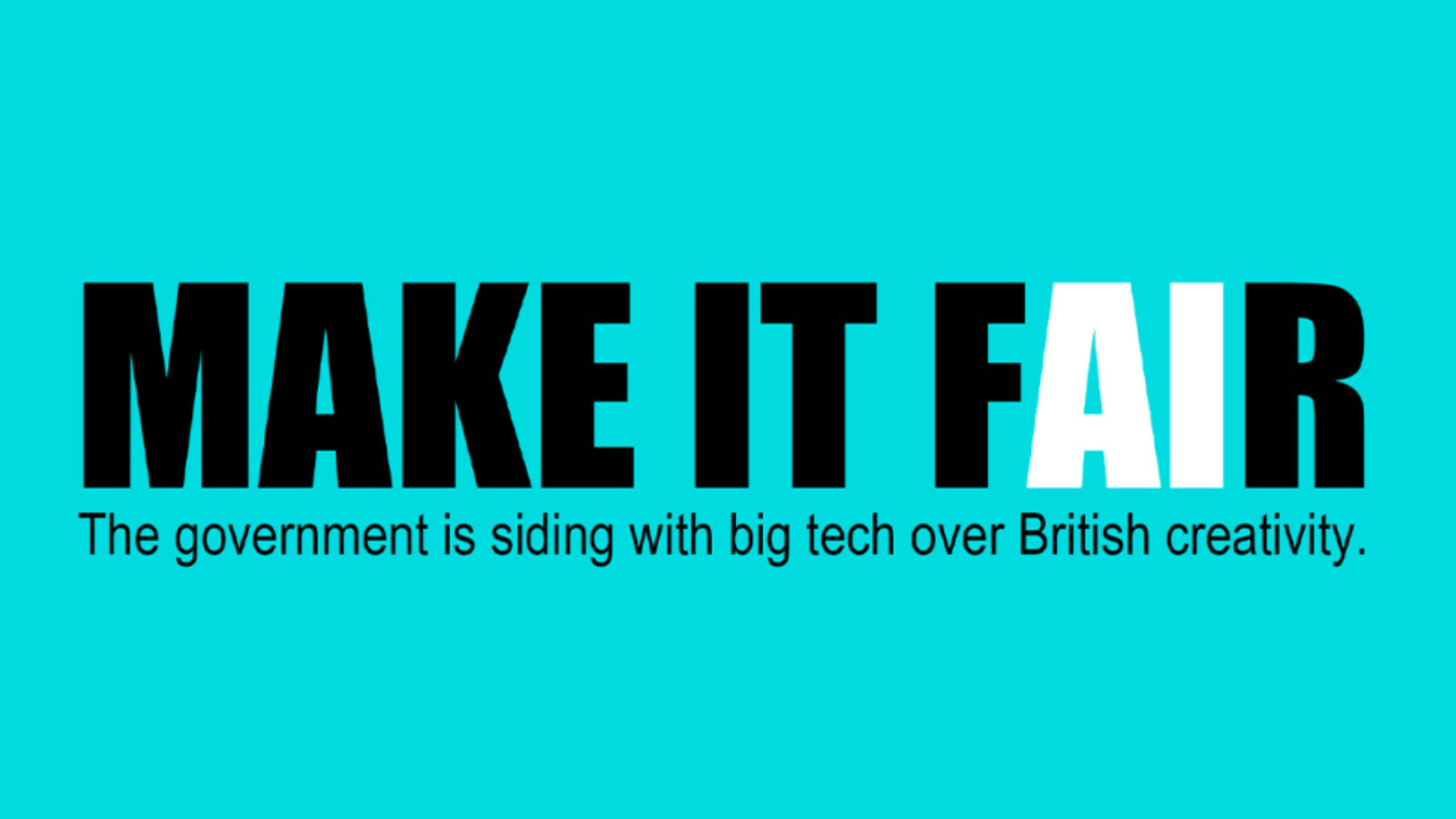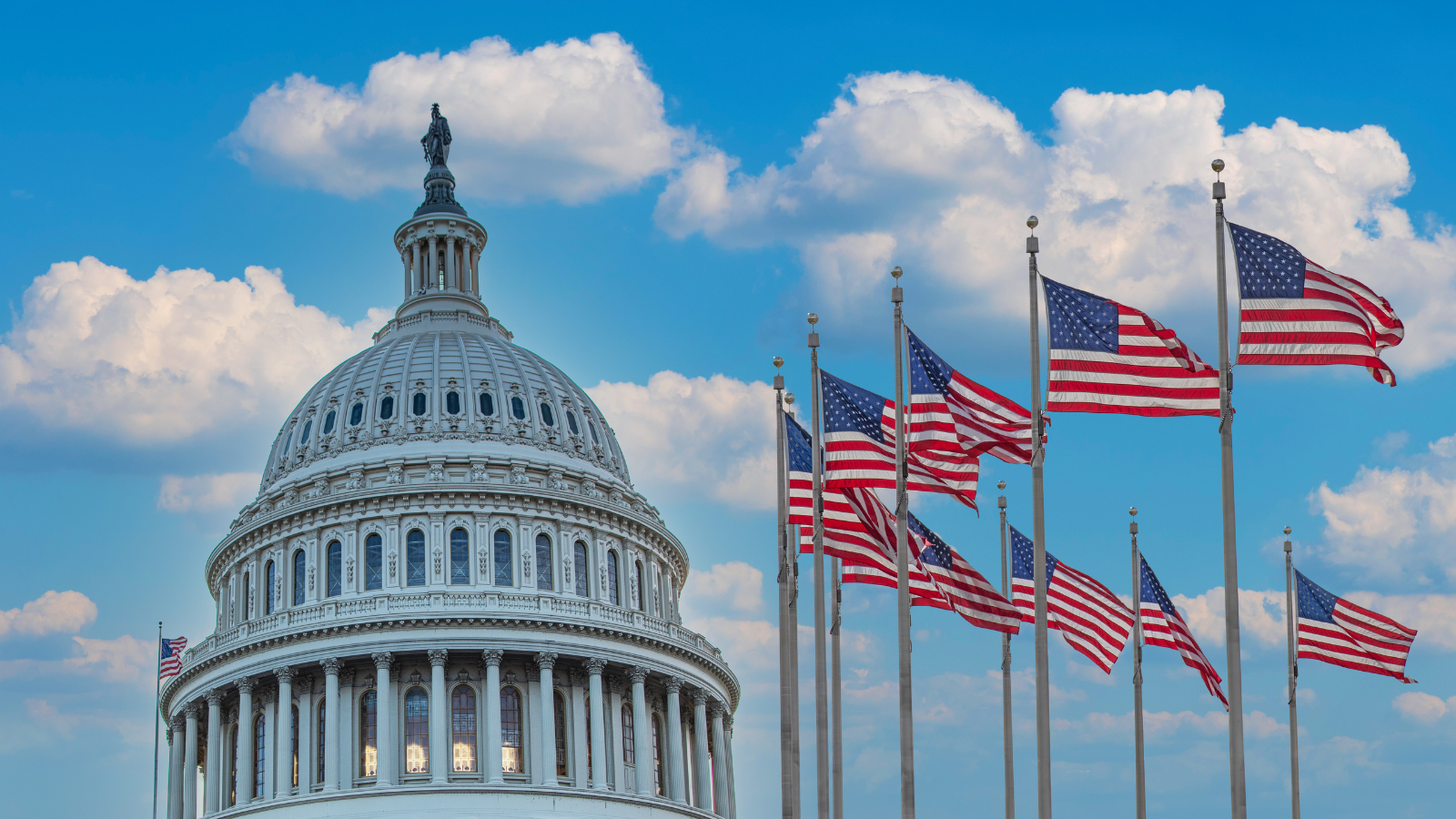A couple of days ago, the UK Government ended its consultation on AI and its subsequent proposals for changes to existing copyright legislation, leaving those in the creative industry worried about the protection of their works. The proposals would allow copyrighted works to be used without permission to train AI models for analysing large amounts of text and data, known as “mining”. However, it seems that the Government has received backlash from a few angles, including the music industry and a member from the House of Lords.
At present, copyright automatically protects a creator’s work from being used without permission, subject to certain permitted acts including making private copies for personal use and parody works. In terms of analysing data, the law allows for organisations to use copyrighted works, for example published website information, for strict non-commercial use such as research purposes. The Government proposes to change this so that AI companies can use works, such as films, TV shows, audio works, and published literacy, to train their models without the creator’s permission, unless they explicitly object. The plans are in favour of an opt-out system rather than be granted automatic protection, in that creatives would be able to withdraw from the mining process to block their work from being analysed by AI companies, and thus develop a rights reservation system. Essentially, what the Government is proposing is a new exemption to UK copyright law, to amend it in line with the European system and Regulation (EU) 2024/1689 (the EU AI Act) in which you also have to opt-out. In using the creators’ works, the suggested changes would also require AI companies to be transparent with what information they have used to train their models.
Over 1,000 artists, such as Kate Bush, Elton John, Paul McCartney, Annie Lennox, and Abba’s Björn Ulvaeus, have come together to release a silent album of dormant music in protest to represent their livelihood in the event the changes become a reality. The album is called “Is This What We Want?” and contains 12 music-free recordings, the listings on the album of which spell out “The British Government must not legalise music theft to benefit AI companies” Kate Bush commented “In the music of the future, will our voices go unheard?”
The proposals have been further criticised by Beeban Kidron, a film maker and crossbench peer in the House of Lords, who has commented that the current copyright law does not need to be changed because it is fulfilling its purpose of protecting works from being used without permission.
The next step in the process is for the UK Government to publish its response to any feedback received on the consultation, which it aims to do within 12 weeks. It will be interesting to see how the Government addresses criticisms such as those above.
If you have any questions on the above, please do not hesitate to contact the team at McDaniels Law on 0191 281 4000 or legal@mcdanielslaw.com.


